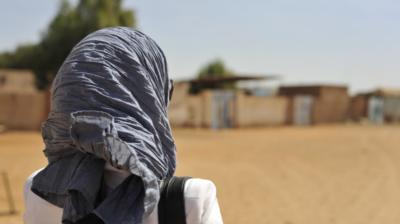Africa has the world’s largest youth population. By 2030, 75% of the African population will be under the age of 35. The number of young Africans aged 15-24 is projected to reach 500 million in 2080.
While population dynamics vary across the continent, most sub-Saharan countries have a median age below 19. Niger is the youngest country in the world with a median age of 14.5, while South Africa, Seychelles, Tunisia and Algeria have median ages above 27.
These demographics are a potential force for growth. However, the potential of Africa’s demographic dividend has been overshadowed by concerns among governments and international donors about the relationship between large youth populations, unemployment rates and political instability.
Many countries with large youth populations and high rates of youth unemployment and under-employment remain peaceful. But the dominant policy narrative is that unemployed youth pose a threat to stability.
Further, the role of youth in popular protest – such as in Sudan in 2019 – has created high expectations about their role in countering autocratic governments and contributing to democracy.
As political scientists and sociologists, we’re interested in understanding the interaction between youth and autocratic regimes – especially as elected autocracies are taking hold in Africa.








